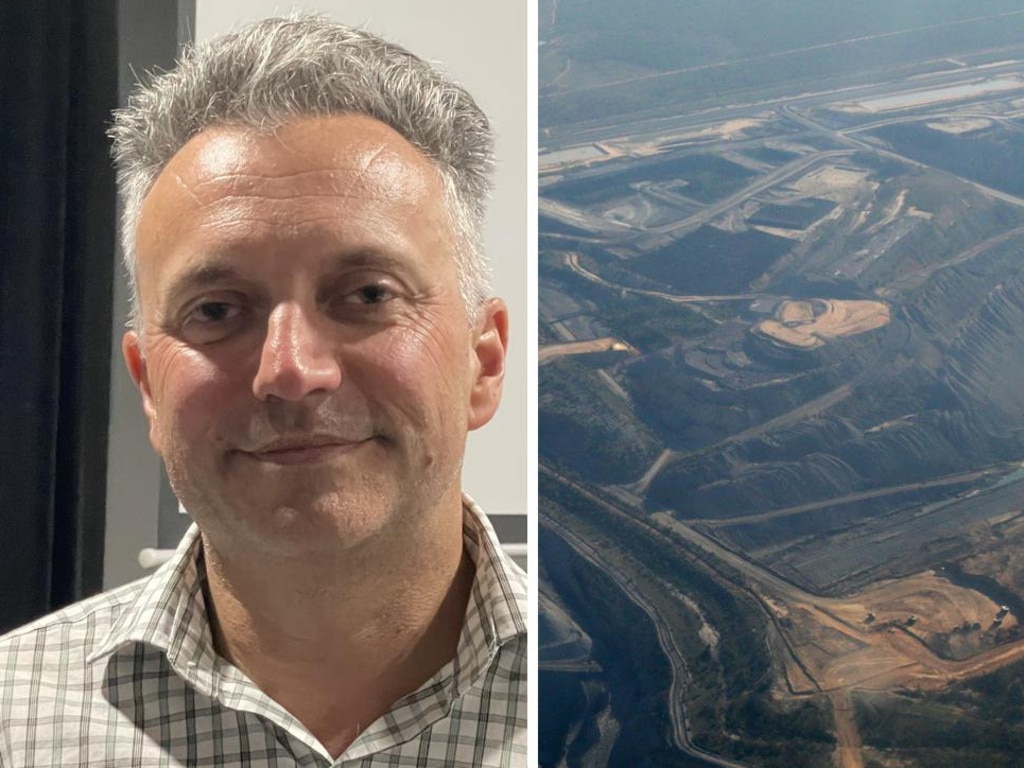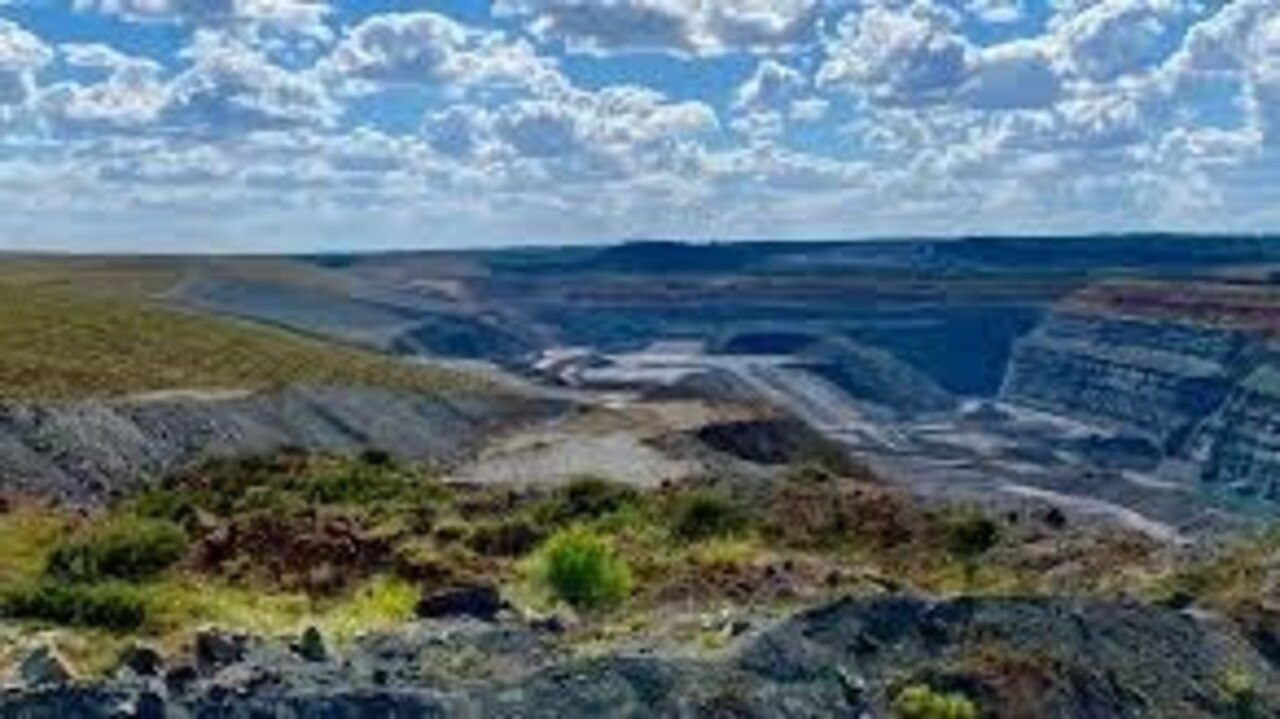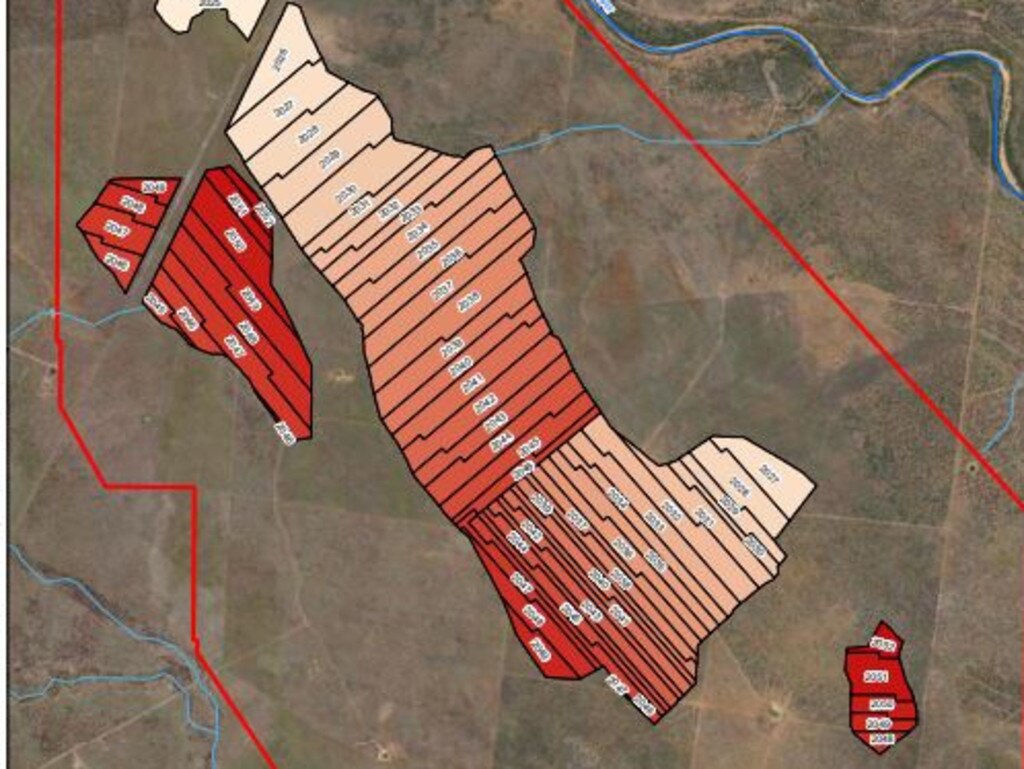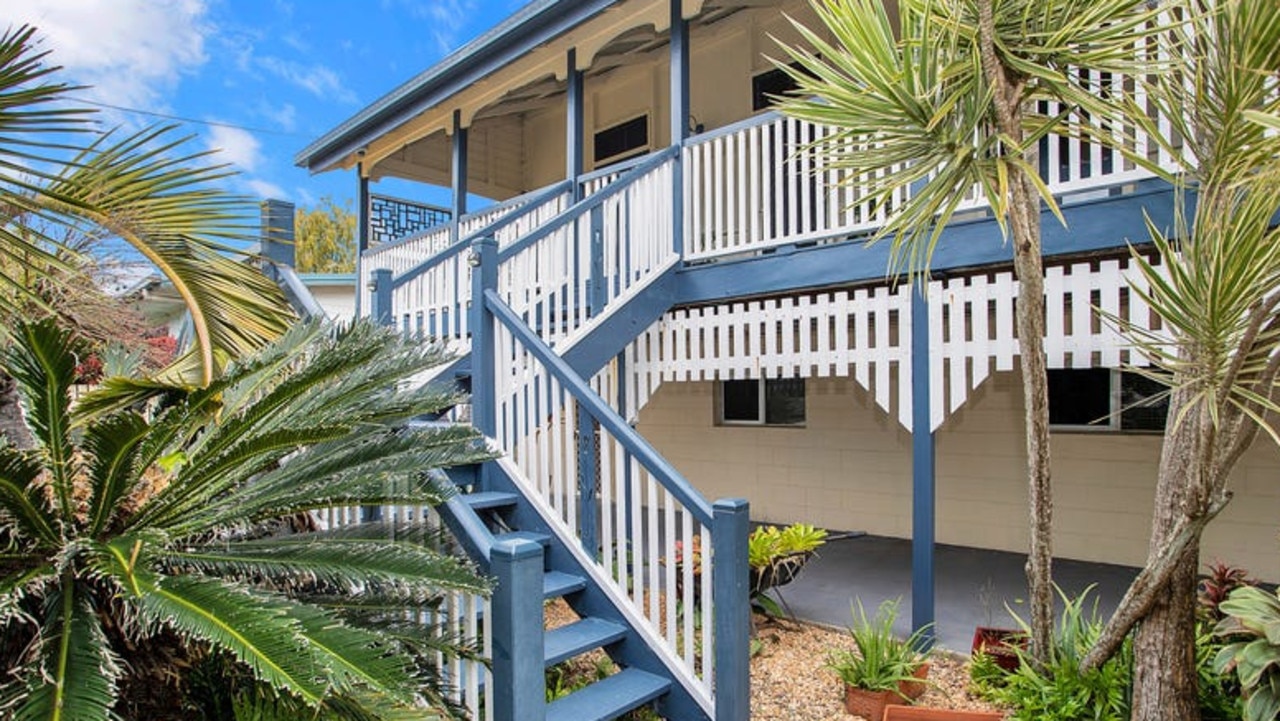Simon Nicholas warns peak around the corner for Bowen Basin coal mining
Queensland’s revenue base relies on coking steel to remain in high demand as the world transitions away from fossil fuels, but demand could peak sooner than you think. See when it’ll fall.

So much of Queensland’s wealth is driven through exporting coal from its central regions — but the peak demand could be just two years away.
The Bowen Basin is one of Australia’s foremost sources of steelmaking coal, much of it exported overseas to feed growing economies.
Metallurgical coal forecasts from the Australian government predict exports to rise for the next two years despite claims by resources companies that coal is essential to the steelmaking process and therefore the renewable transition.

Institute for Energy Economics and Financial Analysis global steel analyst Simon Nicholas disagrees, and said coal was no longer required to make steel.
“It’s just not the case,” Mr Nicholas said.
“In the EU its about 44 per cent of all steel is made without using coal.”

Growing economies like China have driven demand for coking coal with ambitious infrastructure-led growth, however the International Energy Agency believes that this phase will soon be reaching its conclusion.
“Chinese steel demand probably peaked about three years ago,” Mr Nicholas said.
Pointing todata from the World Steel Organisation, it’s estimated that China will have approximately 200 million tonnes of scrap steel available for recycling by 2050, which will provide the country with cheap steel created using electric arc furnaces.
China is already producing 10 per cent of their steel in this manner with the aim to increase to 15 per cent by the end of 2025 and double production by the mid 2030s.
Mr Nicholas points to green hydrogen as key to producing steel going forward, highlighting European start-up steel manufacturers H2 Green Steel as an example.
H2 Green Steel is aiming to have a direct reduced steel factory built by 2026 which will process iron using green hydrogen to create direct reduced iron, which can be more easily smelted using electric arc furnaces to create steel with a 95 per cent reduction in carbon emissions.
“Germany is perhaps not surprisingly leading the way with ThyssenKrupp and other big steel makers planning to replace their blast furnaces with DRI plants,” he said.
“They’ve started the tender process to secure green hydrogen for these plants.”
A forecast by the Department of Industry, Science and Resources on the future of metallurgical coal had the demand dropping worldwide by 0.8 per cent by the end of the 2020s with China reducing imports by almost 5 per cent, Japan by 1 per cent and South Korea by 1.3 per cent and global demand peaking in 2026.
While demand is falling in East Asia, the EU and North America, it’s expected to rise in India by over 3 per cent as the country aims to double domestic steel production by 2030.
Many resource companies have begun to investigate alternative steel making processes and Quinbrook Infrastructure Partners joining with Central Queensland Metals to create a $3.5bn green steel project in Gladstone.

Peabody Energy, which is in the processes of securing approval to clear land to expand the Coppabella Mine near Nebo, has said there are no viable alternatives to metallurgical coal to produce steel that builds homes, bridges and renewable energy projects.
“No coal, no steel,” a Peabody spokesperson said.
The Miles government remains committed to reducing reliance on thermal coal while continuing to approve new coking coal mines, such as Whitehaven’s South Winchester mega mine.
Resources Minister Scott Stewart has said that steelmaking coal is going to continue to be produced to meet global demand.
“Your kids will have jobs in the coal industry for decades to come,” Mr Stewart said.
More Coverage
Originally published as Simon Nicholas warns peak around the corner for Bowen Basin coal mining








